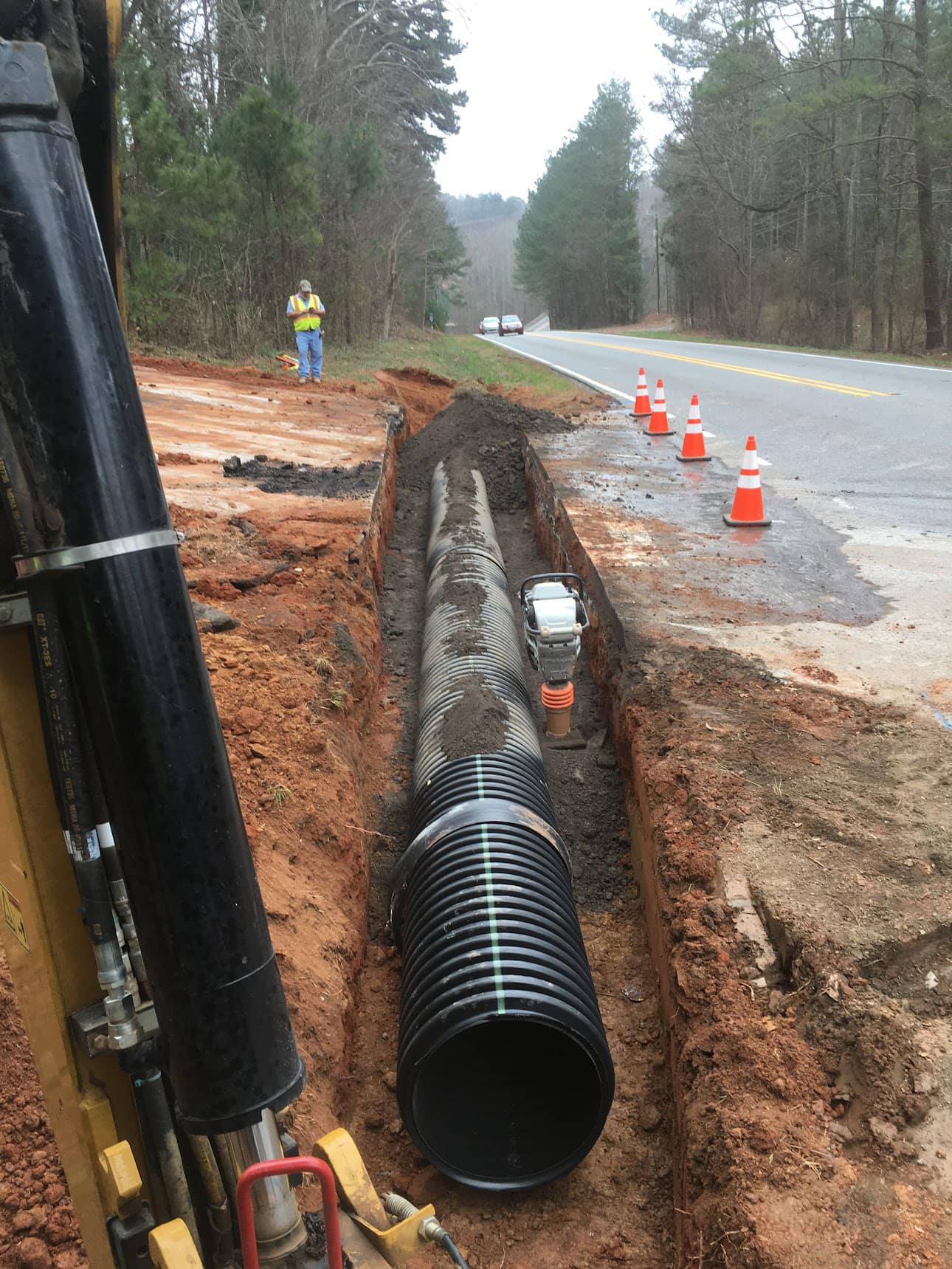
Keeping Your Septic System Healthy During Heavy Rainfall: Milford's Expert Advice Aug 24, 2025
Heavy rainfall increases the risk of septic system saturation, which can lead to backups, unpleasant odors, and even system failure. Saturation occurs when the ground around the septic tank and drain field becomes waterlogged, reducing the system's ability to properly treat and absorb wastewater. Starting with a few preventive measures can make a significant difference in safeguarding your system.
Firstly, regular maintenance checks are vital. Scheduling routine inspections with Milford’s experienced team can help identify any vulnerabilities in your system before they become problematic. During these inspections, technicians will ensure that the septic tank is properly pumped, the drain field is functioning optimally, and all components are in good working order. By keeping up with maintenance, you significantly reduce the likelihood of experiencing issues during heavy rainfall.
Secondly, be mindful of water usage in the home, especially during storms. Excessive use of water from fixtures like showers, dishwashers, and washing machines can exacerbate an already saturated septic system. Consider staggering the use of these appliances, and avoid heavy water usage during and immediately after rainfall. This helps to prevent overburdening the system and allows it to function more efficiently.
Additionally, proper landscaping around your septic tank and drain field can act as an extra layer of protection. Grading the land to direct water away from these areas is a simple yet effective measure. Planting grass or other low-root plants over the system can help manage rainwater, as their roots hold the soil together, reducing the impacts of erosion. Avoid planting trees or deep-rooted shrubs, as their roots can infiltrate and damage the septic components.
In the event of consistently heavy rainfall or if your region is prone to flooding, installing a septic tank with a riser can ease access for maintenance and inspections. This simple addition makes it easier to reach the tank without excessive digging or disruption, especially when quick action is necessary due to storm-related complications.
Lastly, keep in mind the critical importance of understanding signs of septic system distress. Bad smells, slow drains, or water pooling above the drain field are common indicators that something is amiss. If you notice any of these warning signals, contact Milford Septic and Plumbing immediately to assess and address the issue before it escalates.
In conclusion, proactive management of your septic system during heavy rainfall can prevent many common headaches associated with septic failures. By maintaining regular inspections, managing your water usage wisely, optimizing your landscaping, and staying alert to warning signs, you can ensure the longevity and efficiency of your system. Reach out to Milford Septic and Plumbing for professional advice and service to help protect your home’s septic system from the unpredictable nature of heavy rains. Remember, a little preparation now can save you from a deluge of problems later.
/filters:no_upscale()/media/82803120-f276-4bc6-9d1e-b8052b3d555f.png)
/filters:no_upscale()/filters:format(webp)/media/43549857-b606-4eed-ae2a-11af7a7de188.jpeg)